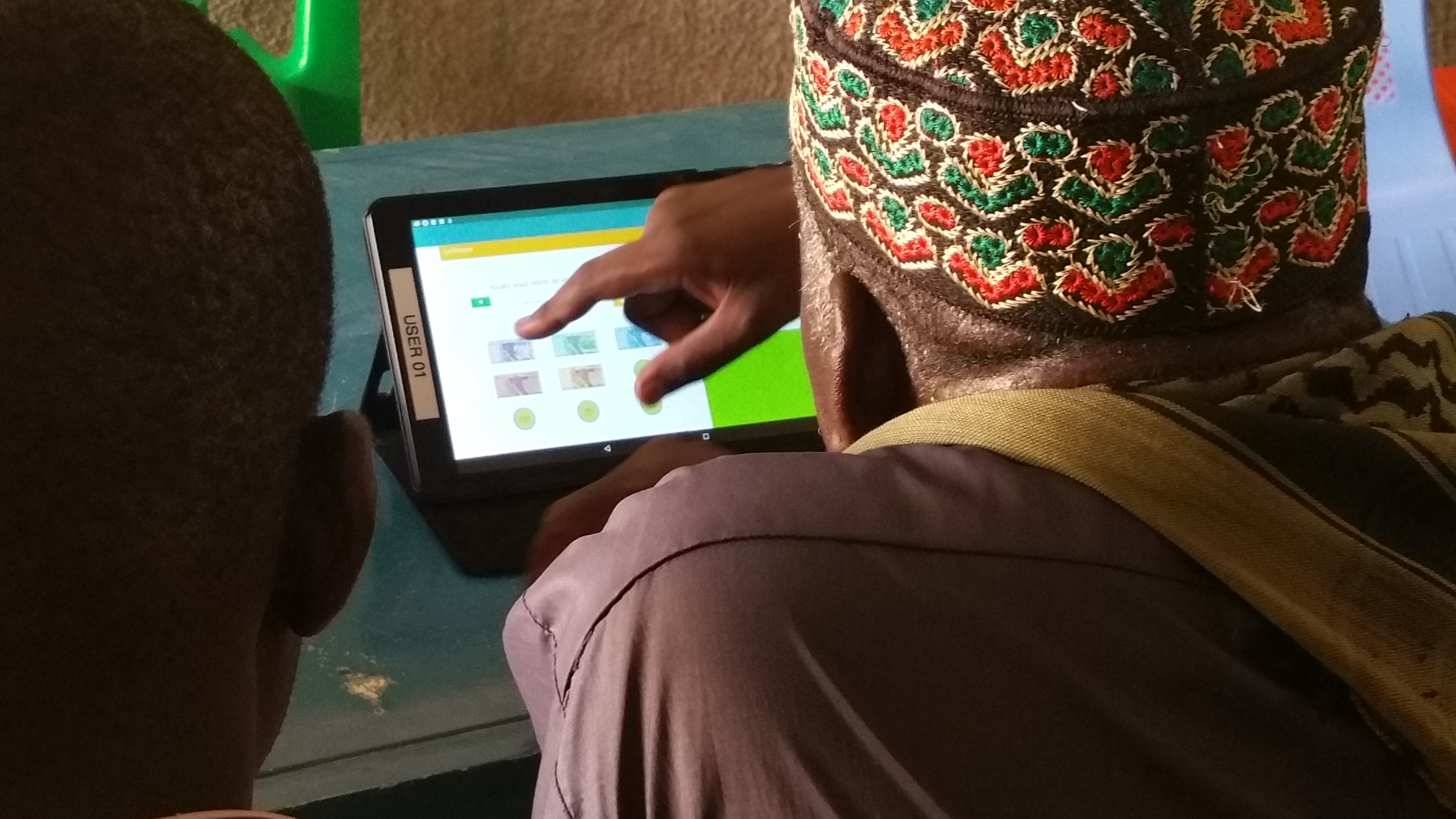Abstract:
The scourge of poverty remains one of the most pervasive and challenging issues confronting the world today, with over 9% of the global population living below the international poverty line, according to the World Bank (2021). Amid this daunting reality, academic business schools have emerged as potent catalysts for sparking transformative microeconomic development through entrepreneurship. By arming future entrepreneurs with the necessary skills, knowledge, and resources, business schools play an instrumental role in ushering an era of prosperity, even in the most impoverished regions.
The School of Business Administration (SBA) recognizes the pivotal role academic institutions, particularly business schools, can play in addressing this challenge. By fostering entrepreneurial education, providing technical support, and leading microeconomic development projects, SBA is committed to empowering Small Market Entrepreneurs (SMEs) and stimulating local economic growth.
Introduction:
Poverty, defined by the World Bank as living on less than $1.90 a day, affects approximately 9.2% of the world’s population (World Bank, 2021). Business schools have a unique opportunity and responsibility to contribute to poverty reduction efforts by instilling entrepreneurial skills and fostering innovations that can lead to sustainable microeconomic development.
Strategic Leadership in Entrepreneurial Education:
Academic business schools are instrumental in equipping individuals with the knowledge and skills necessary for entrepreneurial success. According to a study by Nabi et al. (2018), entrepreneurship education enhances students’ entrepreneurial intentions and innovations, subsequently contributing to job creation and economic development. SBA is dedicated to offering curriculum and programs that are tailored to nurture creativity, innovation, and business acumen among students and aspiring entrepreneurs.
Technical Support and Microeconomic Development:
Providing technical assistance to SMEs is crucial in enhancing their productivity and competitiveness. A study by Bruhn et al. (2013) revealed that consulting and business training significantly improved business practices and profits of small enterprises. SBA, through partnerships with stakeholders, is devoted to offering hands-on technical support, including business training, mentorship, and consultancy, to SMEs to bolster their growth and sustainability.
Real-world Impact through Collaborative Projects:
SBA is pioneering initiatives that focus on practical, real-world impacts. By collaborating with local communities, government agencies, and international organizations, we aim to design and implement microeconomic development projects that are tailored to the specific needs and opportunities of the communities we serve. Evidence from Banerjee et al. (2015) underscores the positive impact of such tailored projects on poverty reduction and economic development.
Conclusion:
As we forge ahead, SBA is unwavering in its commitment to reducing poverty through small scale microeconomic development projects and entrepreneurship. By intertwining innovative strategic leadership, robust entrepreneurial education, and technical support, we endeavor to uplift SMEs and stimulate local economies. Every entrepreneur empowered, and every enterprise supported, marks a significant stride towards a world free from the shackles of poverty.
References:
- World Bank. (2021). Poverty. Retrieved from https://www.worldbank.org/en/topic/poverty/overview
- Nabi, G., Linan, F., Iakovleva, T., Krueger, N., & Walmsley, A. (2018). The impact of entrepreneurship education in higher education: A systematic review and research agenda. Academy of Management Learning & Education, 17(2), 277-299. DOI: 10.5465/amle.2015.0026
- Bruhn, M., Karlan, D., & Schoar, A. (2013). The impact of consulting services on small and medium enterprises: Evidence from a randomized trial in Mexico. Yale Economics Department Working Paper No. 100, Yale University.
- Banerjee, A., Duflo, E., Goldberg, N., Karlan, D., Osei, R., Pariente, W., … & Udry, C. (2015). A multifaceted program causes lasting progress for the very poor: Evidence from six countries. Science, 348(6236), 1260799. DOI: 10.1126/science.1260799
- Dacin, M. T., Dacin, P. A., & Tracey, P. (2010). Social Entrepreneurship: A Critique and Future Directions. Organization Science, 21(5), 1203–1213.
- Stam, E. (2015). Entrepreneurial Ecosystems and Regional Policy: A Sympathetic Critique. European Planning Studies, 23(9), 1759–1769.
- MIT Sloan. (2021). Action Learning. Retrieved from https://mitsloan.mit.edu/action-learning
- Demirgüç-Kunt, A., Klapper, L., Singer, D., Ansar, S., & Hess, J. (2018). The Global Findex Database 2017: Measuring Financial Inclusion and the Fintech Revolution. World Bank.
- United Nations (UN). (2020). Goal 1: No Poverty. Retrieved from https://www.un.org/sustainabledevelopment/poverty/




